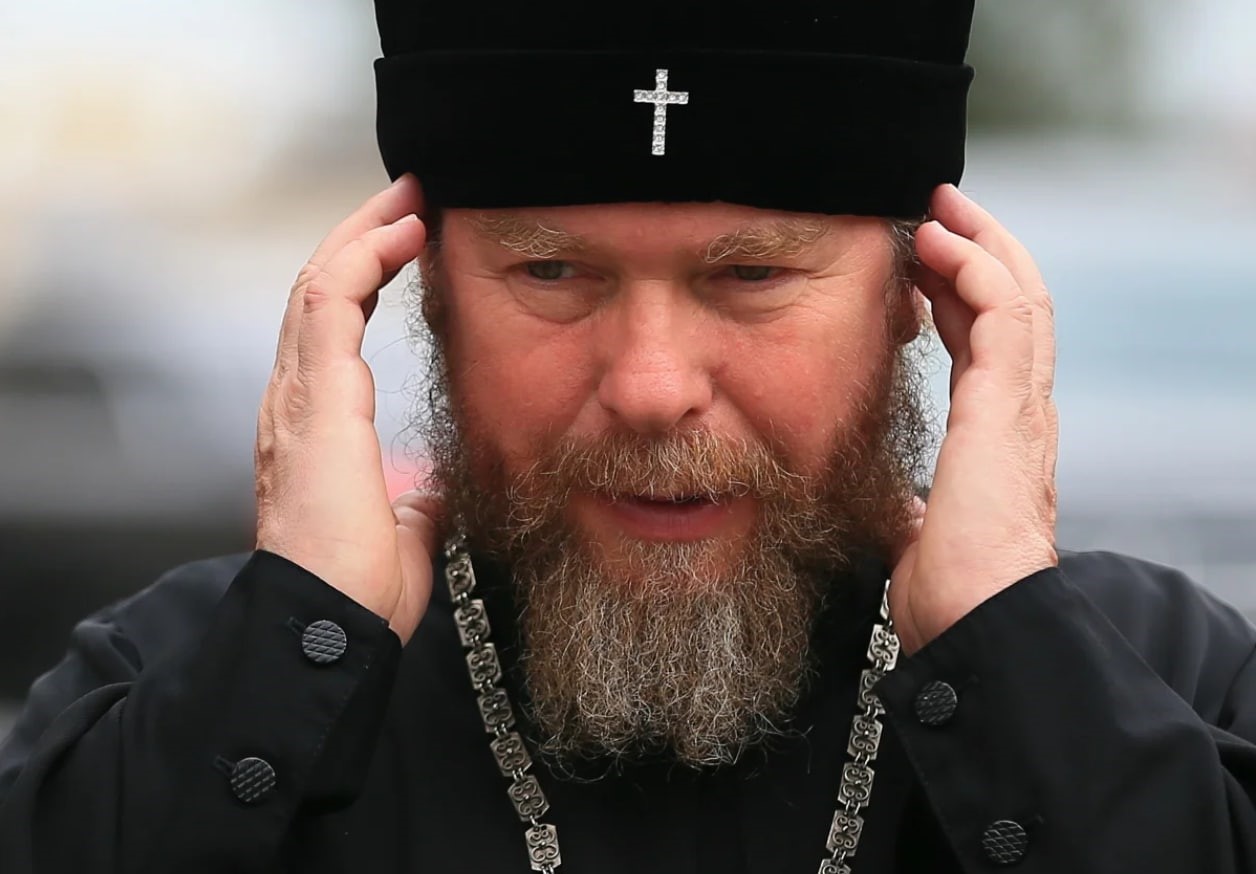Tikhon's doctorate on the ‘schism’ of Russia
At Moscow's Mgu University, the Metropolitan of Crimea - believed to be the cleric closest to Putin - discussed his thesis linking the collapse of the tsars' empire not so much to economic factors but to a Western-inspired split in the elites. A reinterpretation that has at its core the ‘defence of Russia's values’ and declaredly aims to ‘avoid similar crises in the country's future’.
Moscow (AsiaNews) - The Metropolitan of Simferopolis and Crimea Tikhon (Ševkunov), known as Putin's ‘spiritual father’, defended his doctoral thesis in history at the Moscow Mgu University's Faculty of State Administration Sciences, on the topic ‘The collapse of the Russian empire: the factors of the mutual relations between power and society’, under the guidance of the faculty dean and State Duma deputy Vjačeslav Nikonov. As many as three doctors of historical sciences, including the well-known scholar Sergey Mironenko, were present as opponents in the defence, giving the academic act an absolutely exceptional and unusual importance.
In the dissertation, the metropolitan developed the theme he had presented several times in publications and even in the television series ‘The End of the Empire’ since the 1990s, on the cause of the 1917 revolution and the end of the monarchy of the Russian Tsars as a consequence not so much of ‘social and economic factors’, as in the most widespread historical criticism, but of the ‘schism of the elites’ largely inspired by the West. This is one of the most incisive themes in Putin's theory of the ‘defence of Russia's values’ against its historical opponents.
As Tikhon states, ‘the schism at the top of Russia received decisive impulses from abroad, whereby political oppositions to Tsar Nicholas II realised that the approaching victory in the war made their expectations of a change of the state system in Russia in the spirit of European ideals less likely, which made direct intervention in the life of Russian society necessary’.
The Metropolitan considered these reflections indispensable in order to ‘avoid similar crises in the future of our country’ and to indicate the necessary measures of effective counteraction by the state power.
One of the opponents, Professor Olga Pavlenko, emphasised that the Metropolitan's thesis ‘has exceptional topical significance for the development of Russian statehood in our time’, while Mironenko made less enthusiastic comments, noting that Ševkunov's theory ‘has a right to exist’, but can be argued with, while still recommending that the ecclesiastical doctor further his studies.
It is no coincidence that Tikhon decided to defend his views academically a year after he was appointed Metropolitan of Crimea, a land symbolic for Russia's imperial vision, an original link to Orthodox baptism projecting itself onto the sea and the lands beyond, marking the country's identity and mission both religiously and politically.
According to his interpretation, before the revolution ‘the Russian empire was developing very effectively under the Tsars’, and the destabilisation inspired by the Western powers prevented it from reaching the levels of absolute excellence on an economic and political level in Europe and Asia, as was somewhat the case with the end of the Soviet Union, a theme only hinted at in the thesis, but very consistent with the ideology of its ‘spiritual son’ Vladimir Putin.
Due to this interference, a ‘psycho-emotional condition of expectation of changes in the state structure’ was created in Russian society, with the instilling in the social consciousness of the ideals of European liberalism that provoked a ‘negative reaction to the limitations of political freedoms’ in the years of the First World War, a condition actually common to all other warring states. The oppositions thus exploited wartime circumstances to ‘reduce the prerogatives of power, without realising how dangerous this was for the existence of the Russian state’.
The ‘ideal schism between power and society was thus created, with the betrayal of a significant part of the country's elites’, in this also winking at the weakness of the positions of the ecclesiastical leadership, losing the opportunity to unite politically to defend the greatness of Russia, what Putin's Russia is instead trying to do, according to the metropolitan-ideologue closest to the president.
07/02/2019 17:28







.png)










